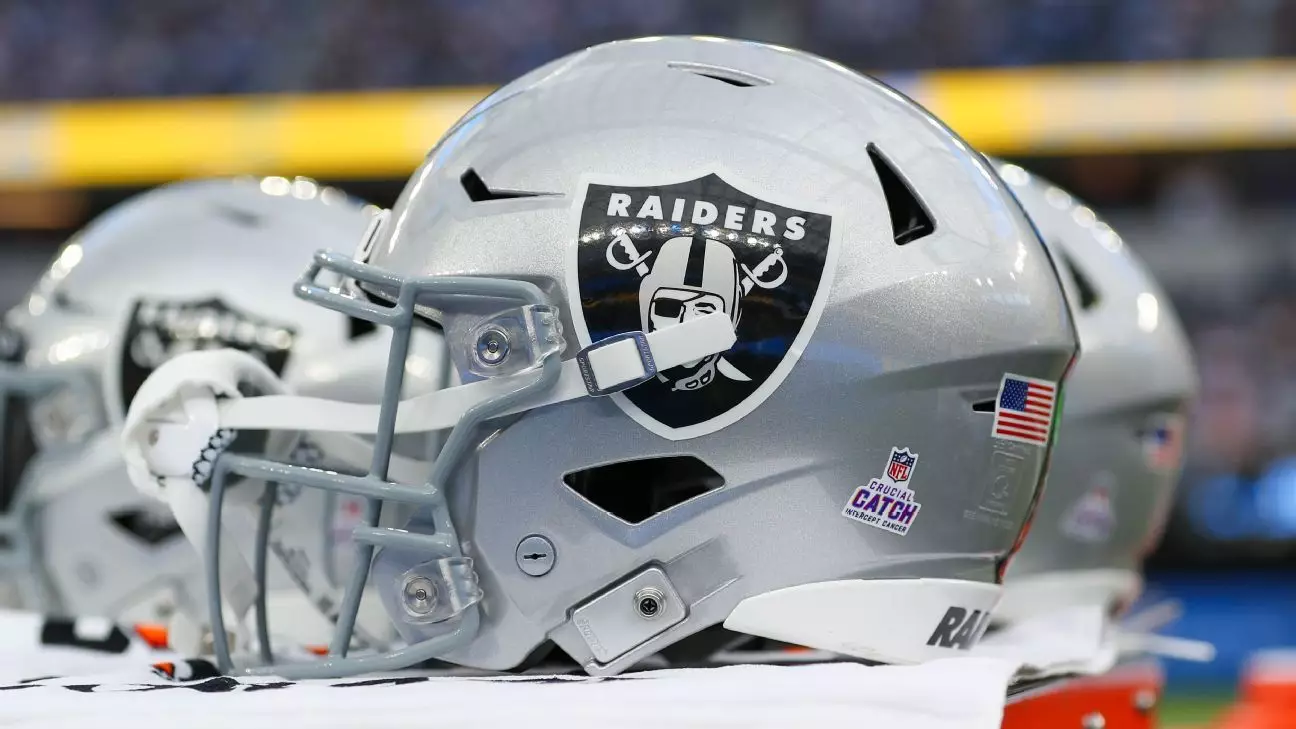In the fast-paced world of NFL drafts, teams often find themselves teetering between tradition and innovation. The Las Vegas Raiders, under the guidance of general manager John Spytek, appear to stand firmly in the camp that values the classic brilliance of running backs in a league that tends to overlook their significance. Spytek’s reluctance to specify individual prospects during a recent predraft news conference, particularly when it comes to a name like Boise State’s Ashton Jeanty, speaks volumes about the Raiders’ strategy. Instead of zeroing in on a single player, Spytek emphasized a broader philosophy: the undeniable impact a standout running back can have on a team’s performance.
His example of Saquon Barkley—who transformed the Philadelphia Eagles’ offensive landscape within a single season—illustrates a critical belief within the organization: running backs can elevate a team’s fortunes. This perspective challenges the prevailing notion that prioritizing running backs is outdated in favor of flashy quarterbacks and agile receivers. Spytek’s roots at the University of Michigan, a program that has long fostered a respect for running backs, further illuminate his stance.
Jeanty: A Bridge to Offensive Revival
While Spytek dodged direct questions about Jeanty, industry experts like Mel Kiper Jr. have made headlines with predictions linking him to the Raiders’ sixth overall pick. Jeanty, a Heisman Trophy finalist who amassed impressive statistics—2,601 rushing yards and 29 touchdowns in a single season—could indeed represent a immediate solution to the Raiders’ abysmal rushing attack. Finishing last in the NFL with an average of 79.8 rushing yards per game is a glaring statistic that screams for change. Jeanty’s explosive abilities could inject the kind of vigor and efficiency into the Raiders’ offense that they desperately crave.
Moreover, Spytek’s hands-on approach, from attending Jeanty’s pro day to facilitating a top-30 visit in Las Vegas, clearly indicates that the organization is weighing its options seriously. A potent running game, highlighted by the right talent, could fundamentally shift the dynamics of the Raiders’ offense, enhancing not just ground play but also opening up passing opportunities downfield.
Assessing the Quarterback Landscape
Interestingly, while the conversation around running backs is rife with enthusiasm, Spytek has also hinted at the complexities surrounding the quarterback position. Despite the Raiders making headlines with the acquisition and subsequent contract extension of Geno Smith, the possibility of drafting a rookie quarterback remains an intriguing angle. Smith’s two-year, $75 million extension—with a hefty portion guaranteed—significantly alters the immediate landscape but doesn’t eliminate the possibility of nurturing future talent.
Spytek’s commitment to evaluating quarterbacks is commendable, showcasing the organization’s awareness that the most impactful player may need time to develop properly. Hosting prospects like Shedeur Sanders, alongside other quarterbacks such as Quinn Ewers and Jaxson Dart, indicates an openness to versatility in their draft approach. However, Spytek is astutely aware of the dangers of forced decisions; the admission that “you can’t have enough good players” raises an important point about the importance of depth in key positions, especially as the league evolves.
The Future is Bright, Yet unpredictable
The Raiders find themselves at a critical juncture, balancing tradition and evolving expectations in the NFL. As other teams throw their weight behind flashy quarterbacks or high-scoring offenses, Spytek’s steadfast belief in the value of running backs is refreshing. Embracing a classic approach while being mindful of contemporary needs positions the Raiders as a team willing to reimagine the rules of engagement in the draft process.
While the outcome remains uncertain, the Raiders are clearly contemplating a draft strategy that could set them apart from their peers. This turn back to foundational principles like the running game could not just redefine the team’s identity but also reignite a passion within the fanbase. In a league forever in flux, the Raiders’ commitment to building through the ground game might just usher in a new era—one that pays homage to the past while charging boldly into the future.


Leave a Reply